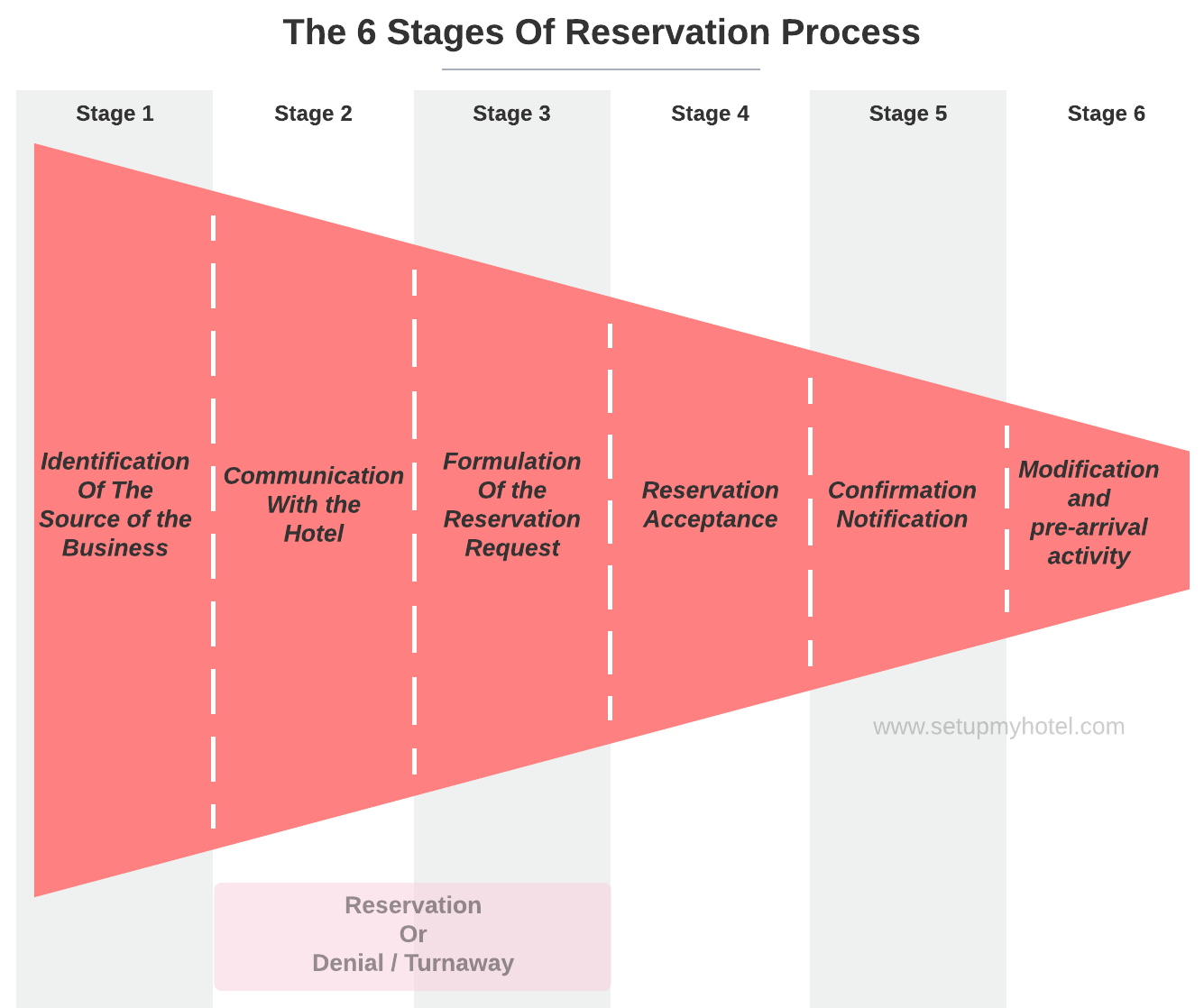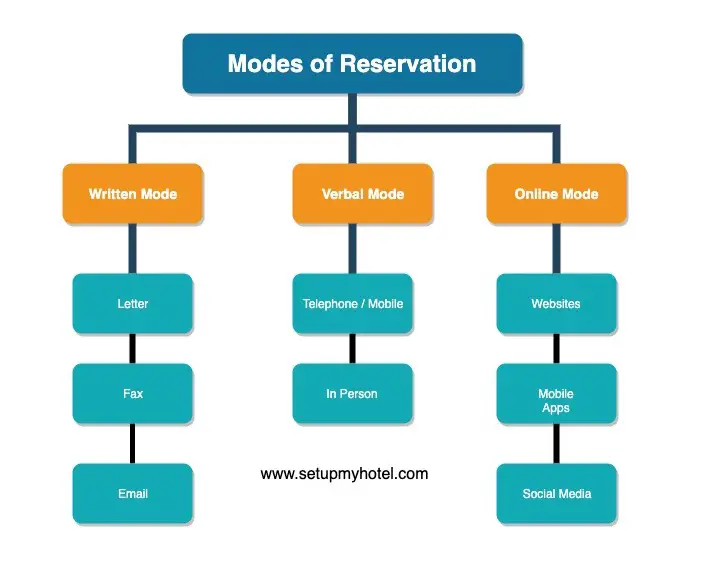Room Status Terminology / Definition In Hotels | Resorts

Room Status Terminology / Definitions for hotels During the guest’s stay, the housekeeping status of the guest room changes several ...
Read more
Definition Of Term SHARER In Hotels

Definition of the term SHARER in Hotels In the hospitality industry, a sharer refers to a guest who shares a ...
Read more
Hotel Guest Personal Identifiable Information (PII) Details/List – GDPR

Details/List of Guest’s Personal Identifiable Information (PII) collected by the hotel – GDPR As a hotel guest, you may be ...
Read more
4 Steps To Process Travel Agent Reservation

Main 4 Steps to Process Travel Agent Reservation Table of Contents: In this age of technology there are many ways ...
Read more
6 Stages Of Reservation Process In Hotel [With Flowchart]

6 Stages Of Reservation Process in Hotel Industry The reservation process is an important aspect of hotel management. It involves ...
Read more
Main Modes Of Reservations In Hotels – Written | Verbal | Online

Modes of Reservation in Hotel When it comes to making reservations, there are primarily two main modes that are commonly ...
Read more
Introduction To Reservation Department And It’s Importance

Introduction and Importance of the Reservation Department The term reservation is defined as ‘blocking a particular room type for a ...
Read more
Reservation Scenario – Receive A Call Not Directly Related With Reservation.

Reservation Scenario/Script: Receive a call not directly related to the reservation. Handling a call that is not directly related to ...
Read more
Reservation Scenario – Handling Enquiry For Critical Dates

Example Reservation Scenario: Reservation enquiry for critical dates Handling inquiries for critical dates in a reservation scenario requires a prompt ...
Read more
Hotel Reservation Enquiry Form Sample
Reservation Enquiry form for writing down booking details The reservation form is primarily used by the reservation department or by ...
Read more









